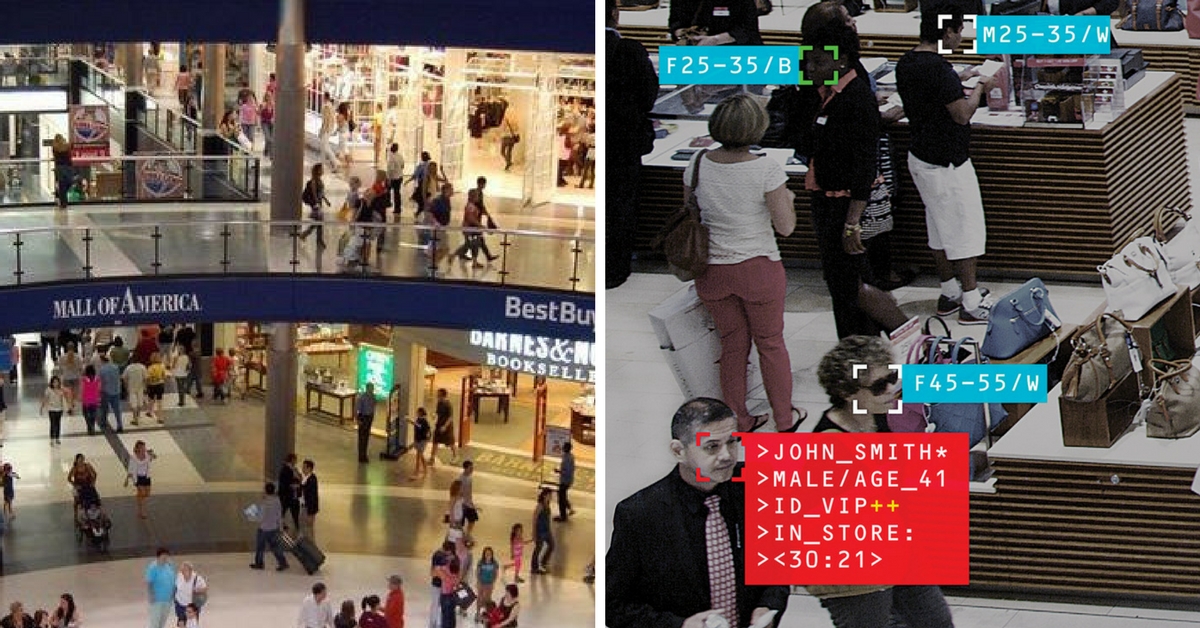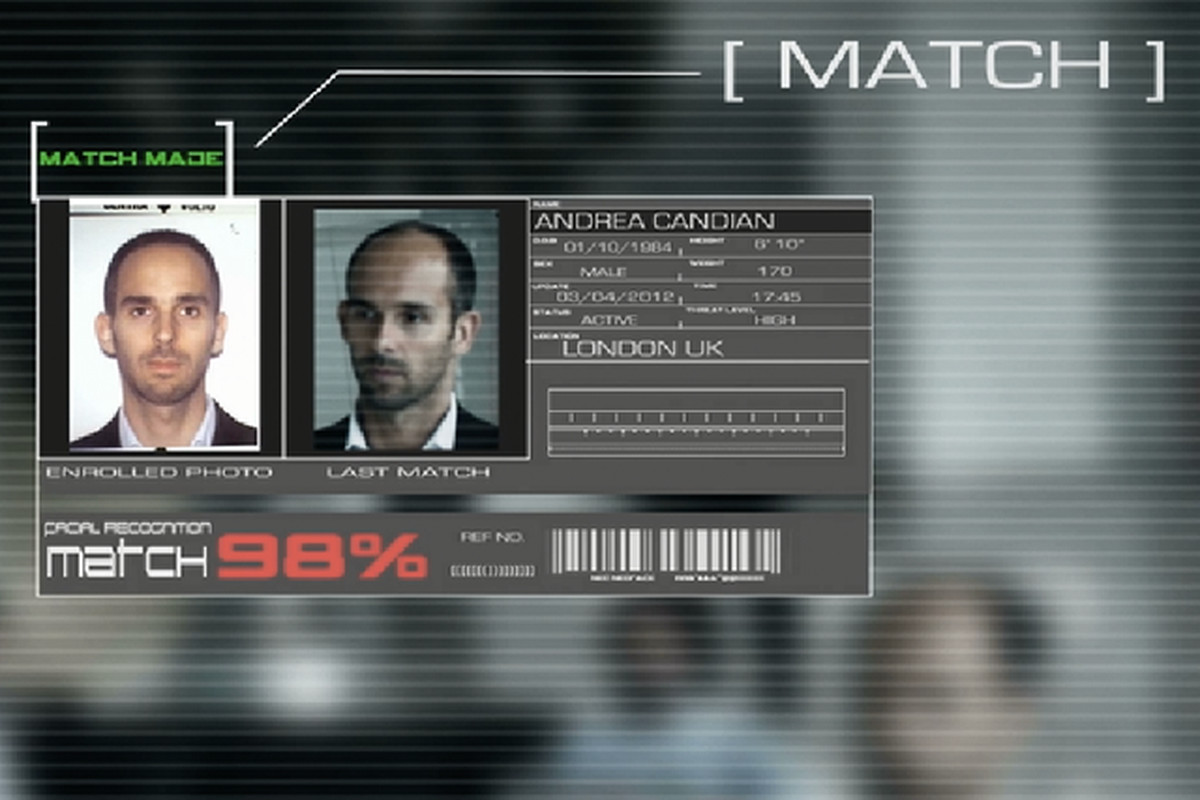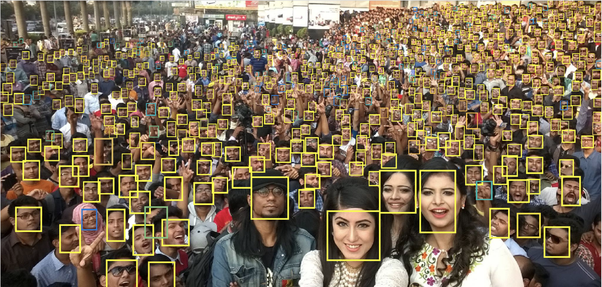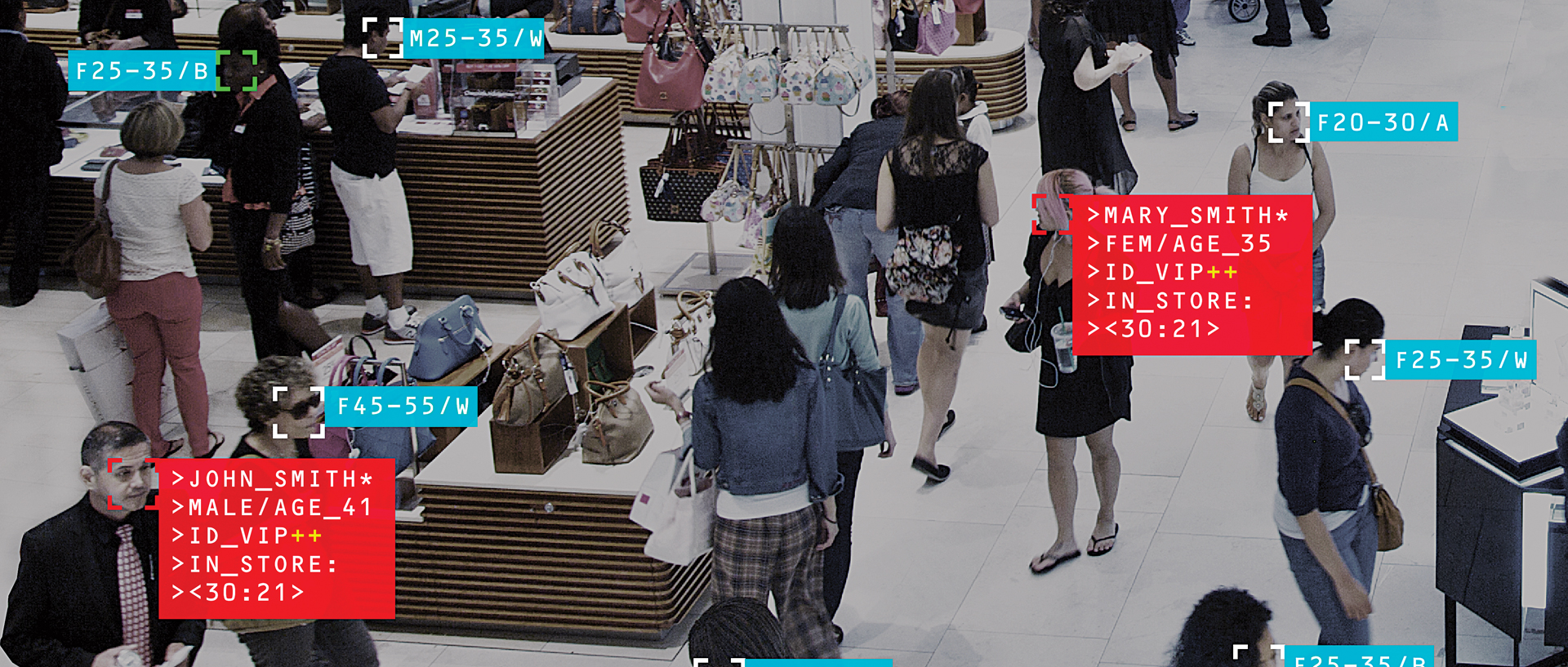Walking inside a store and having your face scanned sounds like something straight out of a science fiction movie.
Movies like Robocop, Star Trek, and Ex Machina have illustrated this point.
But what once seemed far-fetched may become part of your daily life.
Social media sites like Facebook and YouTube have been exposed for targeting ads to their users after tracking their search data.
Here's how it works: When you visit a site associated with one of these social media networks, they'll save this information so that they can later send you personalized ads. For example, if you're searching for a certain product, you'll receive ads about similar products later on.
This technique has generated billions of dollars in profit, and now retailers want a chunk of that dough.
They want to use facial recognition technology to invade your privacy and see what makes you want to take out your wallet.
According to an IT company , retailers and malls are looking to track customers and collect data about consumer demographics.
The data collected includes "how many people are coming in, age, ethnicity, gender "” it's all about knowing the foot traffic better and trying to serve more appropriate offers to those customers," said Mark Lunt, group managing director at Asia-based Jardine OneSolution.
Retailers argue that facial recognition and biometric data will improve customer experience, but in light of Uber's recent data breach, which exposed the personal data of 57 million users and drivers, many people are hesitant about this technology.
"Technology is not the barrier to the systems being implemented, it's privacy concerns, it's cultural concerns," said Lunt.
Although customer identities are kept anonymous, many people are worried if this will be a slippery slope.
Some people also argue that this technology is not as useful for customers as it intends to be. There are other, and more simple, methods that will generate customer satisfaction.
"Why don't cashiers ask if the customer found everything they were looking for "” not having found it being the major cause of unhappiness?" Stephen Needel, managing partner at Advanced Simulations, asked in an online RetailWire discussion. "You don't need facial recognition for that. And give the cashier an action option if the customer says no."
[Source: CNBC]





